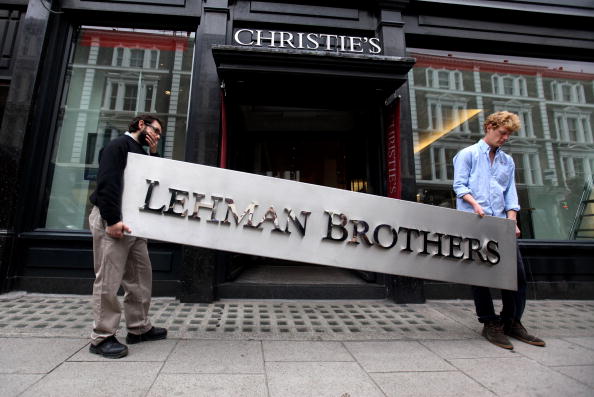Cost of living squeeze deals financial crisis level blow to Brits’ optimism

Brits’ optimism is eroding at the fastest pace since the financial crisis amid the tightest cost of living squeeze in a generation, reveals a closely watched survey released today.
A combination of inflation scaling to its highest rate in three decades, tax hikes, swelling energy bills and weak wage growth have bound together to deal a heavy blow to living standards this year.
Anxiety about the impact on household finances has driven consumer confidence 30 points lower to minus 20 in less than a year, the quickest rate of decline since the global financial crisis in 2008, according to consultancy PwC.
The prospect of households’ real take home pay dropping at the quickest pace since the mid-1950s, according to the Office for Budget Responsibility (OBR), has sparked a wave of experts to slash forecasts for economic growth this year.
April marks the start of a barrage of cost and tax hikes that will spike businesses and households.
A 1.25 percentage point national insurance uplift came into effect from 6 April, while households were saddled with a 54 per cent uplift to their energy bills last Friday.
Inflation is already running at 6.2 per cent, the highest levels since 1992, underlining the scale of existing pressure on household finances.
However, most experts think the rate of price rises will heat up in the coming months, peaking at around nine per cent in October when the energy watchdog lifts the cap on bills again to account for higher wholesale oil and gas prices triggered by Russia’s invasion of Ukraine.
Despite the foggier outlook, household optimism has not plunged to the same depths seen during the financial crisis.
Following the collapse of Wall Street investment banking giant Lehman Brothers in 2008, confidence tumbled to minus 51. During the austerity years, optimism hovered around minus 41.
“The shift in sentiment is both significant and sudden,” Lisa Hooker, consumer markets leader at PwC, said.
“Whilst there is still some post-Covid recovery, spending expectations on eating out and going out have plummeted as consumers look to tighten their belt as they face up to cost of living pressures,” she added.
Analysis
When Wall Street giant Lehman Brothers became the biggest casualty of the financial crisis in September 2008, it sent shockwaves through the world. Banks’ confidence in lending to businesses and households eroded, prompting them to slash lending, triggering the credit crunch and weighing on economic growth for years. The what is expected to be an at least year-long cost of living squeeze has shot optimism to a similar degree seen during the financial crisis, and we could be headed for a similar hit to growth.
However, the sources of the looming and the 2008 economic hit are markedly different. The former was triggered by overstretched households unable to meet their mortgage payments, the latter driven by an international energy shock. However, both will have similar outcomes: weaker spending. Since the financial crisis, the UK has been in a productivity malaise, which has dragged on the economy for over a decade. That is unlikely to change once we get out of the current mess.